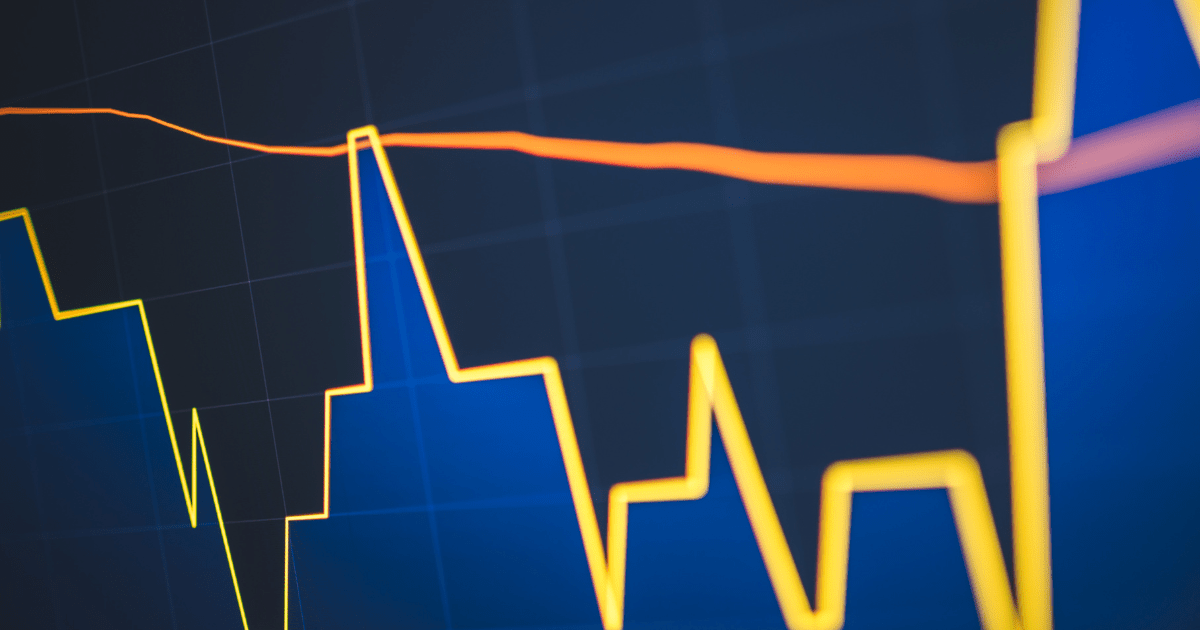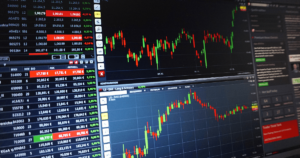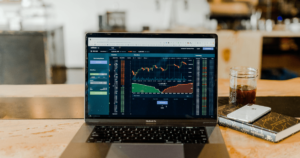When it comes to forex trading, having the right mindset is paramount for achieving long-term success. While many traders focus on technical analysis, market trends, and entry/exit strategies, they often overlook the crucial role of psychological factors in their trading journey. In this article, we will delve into the forbidden truth about trading mindsets, as revealed by an experienced professional. By understanding and implementing these insights, you can enhance your trading performance and improve your overall profitability.
The Importance of Mindset in Forex Trading:
Trading requires more than just technical expertise; it demands a disciplined mindset and a comprehensive understanding of the market. Many novice traders are lured by the prospect of quick riches, influenced by movies and media portraying trading as an overnight success story. However, the reality is that successful trading is a profession that requires hard work, experience, continuous learning, and commitment.
Developing the Right Mindset:
To succeed in trading, it is crucial to develop the right mindset from the beginning. When you first encountered the concept of trading, you might have been captivated by the idea of making money. However, it is essential to recognize that trading is a long-term endeavor that requires dedication and perseverance. Understanding the profession as a genuine career path will help you approach it with the seriousness and commitment it deserves.
Differentiating Good and Bad Trades:
A common misconception among traders is that a good trade always results in a profit. In reality, a good trade is one that is executed based on a well-defined system and comprehensive analysis, regardless of whether it ends up being profitable or not. It involves conducting thorough research, developing indicators and technical criteria, managing risk effectively, and adhering to a well-thought-out trading plan. Sometimes, the best trade is the one you avoid, as staying out of trades that do not meet your criteria can help you avoid unnecessary losses.
Risk Management and Patience:
Effective risk management is crucial in trading. It involves setting reasonable stop-loss orders, understanding volatility and risk factors, and having contingency plans in place. Knowing when to cut losses and when to let winners run is a skill that separates successful traders from the rest. Patience plays a vital role in waiting for the right conditions to align before entering a trade and avoiding impulsive decisions driven by boredom or fear of missing out.
Focus on Pips:
In forex trading, the concept of pips is analogous to dollars and cents in stock trading. Focusing on pips instead of monetary gains helps traders detach themselves emotionally from the actual money involved in each trade. By shifting the focus to the success of each trade on an abstract level, traders can make better decisions without the interference of emotions tied to monetary gains or losses.
Avoiding Bad Trades:
Bad trades often result from impulsive decisions, emotional responses, or a lack of a well-defined trading system. Engaging in trades based on feelings or hunches rather than thorough analysis can lead to unfavorable outcomes. Traders should adhere to their trading plan, regulate their emotions, and avoid taking unnecessary risks.
Key Takeaways:
- Trading success is not solely determined by technical analysis; having the right mindset is equally crucial.
- Approach trading as a long-term profession that requires dedication, continuous learning, and commitment.
- Differentiate between good and bad trades based on a well-defined trading system and comprehensive analysis.
- Effective risk management and patience are essential for maximizing profits and minimizing losses.
- Focus on pips instead of monetary gains to make objective trading decisions.
- Avoid impulsive and emotionally driven trades by adhering to a well-thought-out trading plan.
Conclusion:
Mastering the art of trading requires more than just technical skills. Developing the right mindset and understanding the psychological aspects of trading are vital for long-term success. By recognizing the importance of mindset, differentiating between good and bad trades, practicing effective risk management, and focusing on objective criteria such as pips, traders can enhance their trading performance and achieve their financial goals. Remember, trading is a journey that requires continuous learning and adaptation, so embrace the challenge and strive for improvement in every trade you make.








